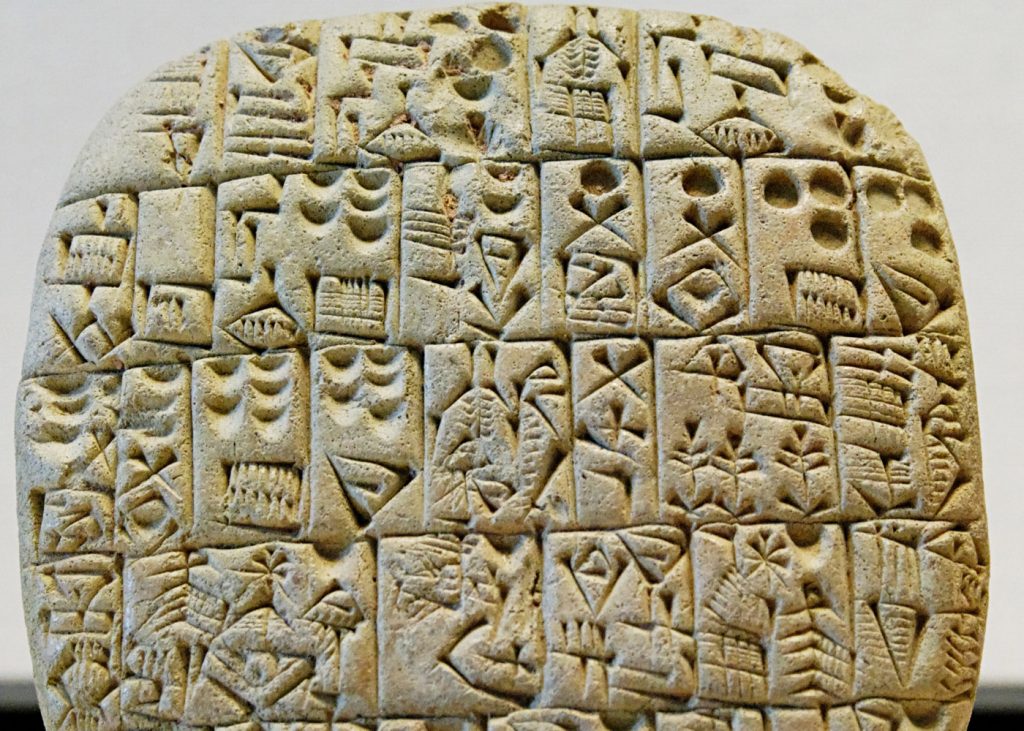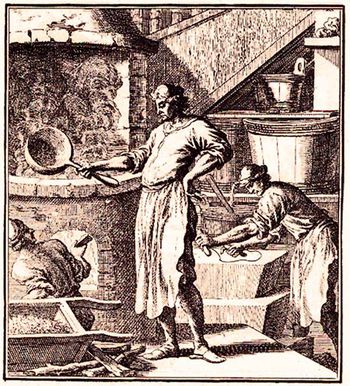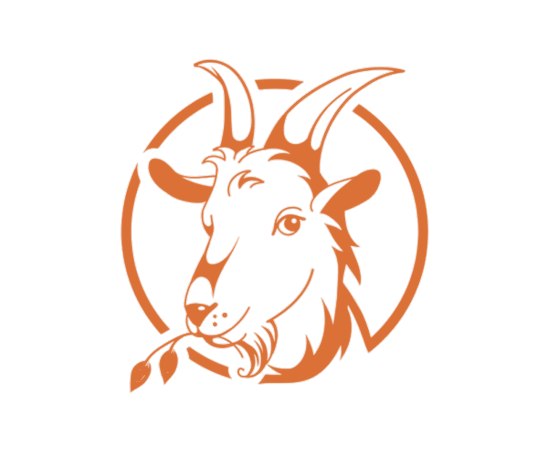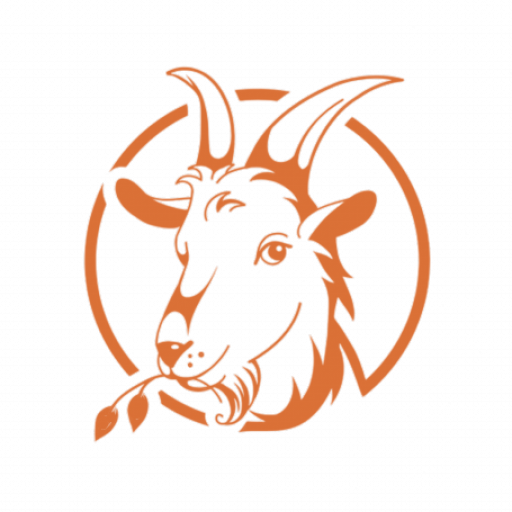
The production of soap dates back thousands of years from a historical perspective.
Soap has been manufactured and used by ancient civilizations such as the Sumerians and the ancient Egyptians. The exact timeframe for how long soap has been produced worldwide is challenging to determine precisely, as techniques have evolved over centuries.
However, it is safe to say that the art of soap making has a long and fascinating history that spans across many cultures and eras.
Some milestones in the history of soap making:

2800 BC: The Babylonians used a mixture of ash and oils to produce a soap-like substance.
1550 BC: Ancient Egyptians already produced soap by mixing animal fats and oils with alkalis.
600 BC: Phoenicians created a precursor to soap by heating goat fat and wood ash.
Rome, 2nd century AD: Romans developed an early form of soap using animal fat and plant ash.
8th century: Soap production reached the Islamic world, introducing new techniques and ingredients.
12th century: Soap-making spread in Europe, particularly in cities like Marseille.
17th century: Soap-making was further enhanced by the introduction of caustic soda as an ingredient.
18th century: The Industrial Revolution brought technological advances that streamlined soap production.
Since those early days, soap making has continued to evolve, and nowadays, there are various techniques and ingredients applied in modern soap production.

